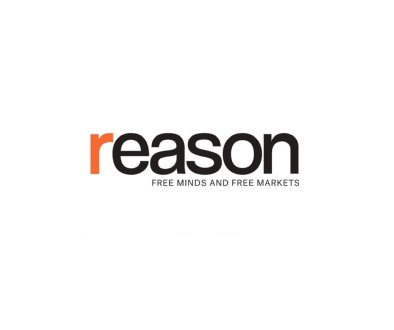The NYT Prefers Its Own Conspiracy Theories
Here’s what to know,” insisted the New York Times Adam Nagourney in a lead editorial the day the JFK files dropped. “Oswald still did it.” If there was such a thing as a Confirmation Bias Olympics, Nagourney would have earned the right to represent the U.S. Reviewing and dismissing 64,000 pages of National Archives material in fewer than 24 hours is no small accomplishment even by the standards of the New York Times.
As opinion writer David Wallace-Wells reminded his readers a week later, the Times decides what is a valid conspiracy theory and what is not. Apparently, JFK theories are not. Wrote the supercilious Wallace-Wells, the JFK files “turned out to be, by the standards of conspiracy hype, a total dud.”
Although Wikipedia describes me as “an American author, blogger and conspiracy theorist,” I remain agnostic on the JFK assassination. If the files turn out to be a “total dud,” so be it. Similarly, if they indict LBJ and a rogue crew of CIA contractors, I would not be surprised.
In either case, what is eerily true is that Wallace-Wells used the same Alinskyite strategy to ridicule conservative investigators that the Times used nearly 30 years ago to defame JFK’s legendary press secretary Pierre Salinger. Salinger’s sin was to reveal the truth behind the 1996 shootdown of TWA Flight 800, a genuine conspiracy in which the Times played a critical role.
According to Wallace-Wells, “we are living in a golden age for conspiracy theory.” In the way of example
Article from LewRockwell

LewRockwell.com is a libertarian website that publishes articles, essays, and blog posts advocating for minimal government, free markets, and individual liberty. The site was founded by Lew Rockwell, an American libertarian political commentator, activist, and former congressional staffer. The website often features content that is critical of mainstream politics, state intervention, and foreign policy, among other topics. It is a platform frequently used to disseminate Austrian economics, a school of economic thought that is popular among some libertarians.




